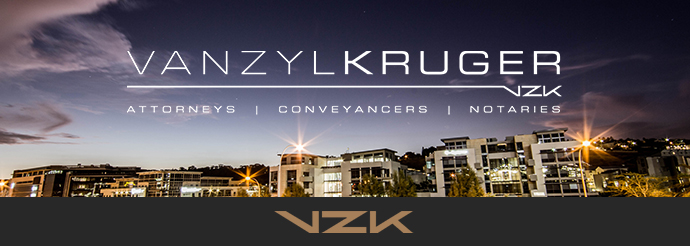|
Ons leef in ‘n al hoe meer gejaagde, geoutomatiseerde en komplekse wêreld. Alles moet onmiddellik gebeur en alhoewel redelik agter die tyd, het selfs Suid-Afrika wetgewing wat poog om alle aspekte te reguleer wat elektroniese ondertekening van dokumente, elektroniese kommunikasie en aanverwante aangeleenthede betref. In die onderstaande bied Cheryl-Anne ‘n bondige, maar informatiewe, blik op van die aspekte van die betrokke wetgewing waarvan elkeen wat ‘n rekenaar of selfoon gebruik bewus behoort te wees.
An electronic signature (also known as an e-signature) is not something new and is being used more and more in the business world. It is therefore important to know what it is and when it can be used legally. Not only is it a faster way to get documents signed by multiple parties, saving businesses time and money, it is also considered an eco- friendly business practice which might give businesses an edge over their competitors. The use of e-signatures have become popular during the Covid-19 pandemic as it’s often difficult to obtain multiple original signatures on the same document. Over the years many electronic signature apps have become available which may have created the impression that e-signatures are always legal and lead to valid contracts in all instances.
Laws relating to e-signatures are constantly evolving and the legal framework of e-signatures varies from country to country. In the US, for example, the Electronic Signatures in Global and National Commerce (ESIGN) Act and the Uniform Electronic Transactions Act (UETA) give electronic signatures the same legal status as handwritten signatures throughout the United States.
In South Africa the Electronic Communications and Transactions Act 25 of 2002 (ECTA) recognises transactions concluded electronically and provides for two types of signatures in electronic form, namely, electronic signatures and advanced electronic signatures.
Electronic signatures - data attached to, incorporated in or logically associated with other data and which is intended by the user to serve as a signature. They come in many forms and include:
- the traditional wet-ink signature on a soft-copy of a document
- a name typed in electronic format at the bottom of an email
- an "I accept" tick box on a website
- using an e-pen or finger to sign on a tablet.
Advanced electronic signatures - an electronic signature which results from a process which has been accredited by the Accreditation Authority. In South Africa, Lawtrust and the South African Post Office are the only two companies that have been accredited to issue advanced electronic signatures. Where the signature of a person is required by statutory law for something to be valid and that law doesn’t specify the type of signature, an advanced electronic signature must be used.
An electronic signature can be used in most transactions in South Africa, unless:
- The law prohibits the use of electronic signatures in a specific transaction. The ECTA lists various transactions that may not be signed electronically. These are: agreements for the sale of immovable property, long-term lease agreements for a period of more than 20 years, the execution, retention and presentation of a will or codicil and the execution of a bill of exchange.
- The law requires that an advanced electronic signature be used; or
- The parties agree to use another method of signature.
Where parties to a contract require amendments to be made “in writing and signed” our courts have held that emails satisfy the writing requirement and a party’s name at the foot of an email qualify as an electronic signature as it constituted “data” that was logically associated with the data in the body of the emails. Emails have generally been given the same legal status in law as paper-based documents and conventional pen on paper signatures.
Where parties to a transaction have not stipulated the type of electronic signature required, the electronic signature will be binding when:
- a method is used to identify the person and to indicate the person's approval of the information communicated; and
- having regard to all the relevant circumstances at the time the method was used, the method was reliable and appropriate for the purpose for which the information was communicated.
Conflict with the ECTA: In the case of Borcherds and Another v Duxbury and Others, as heard by the Eastern Cape High Court in 2020, the Seller (Duxbury) received a signed Offer to Purchase via email and used an electronic signature mobile app called DocuSign to sign and initial the contract. What was meant to be a simple property transaction became a protracted, unnecessary dispute which could only be settled by costly litigation. After choosing to sign the contract electronically the Seller claimed that the electronic signature was invalid, because the ECTA doesn’t permit electronic signatures in these type of contracts. What was surprising was that the Court held that the electronic contract was lawful which conflicts with the legal position of the ECTA thereby creating uncertainty. The judge pointed out that it is still preferable to take the trouble to present the offer to the Seller personally. Certainty on the validity of electronic signatures for the sale of immovable property will only be achieved when the ECTA is amended to permit the electronic sale of immovable property. Until the legal position is clear it is advisable to sign all agreements for the sale of immovable property in wet ink.
Regards / Groete,
Hennie, Eberhard & Cheryl-Anne | Directors
|
|
|


